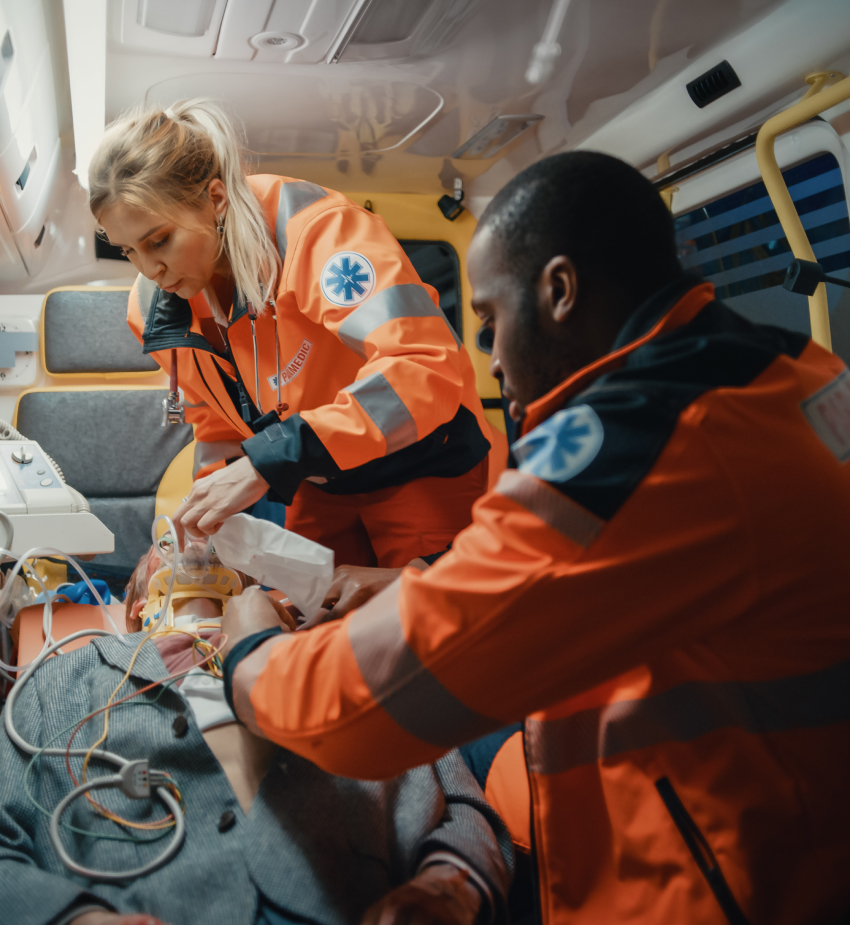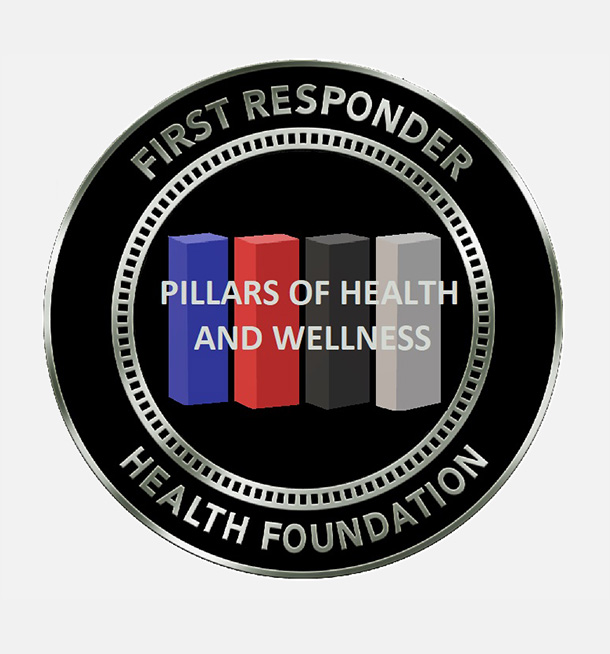First responders make a conscious choice to accept a calling in which they put themselves in harm’s way on a daily basis to protect and help others. This heroic choice is a part of their unique occupational identity – in short, this means that they are wired and willing to do the work. A first responder’s occupational identity influences their intellectual reasoning, their personal motivations, their relationships on the job and at home, and the way they set their life goals. Unlike those in most other career fields, first responders experience trauma, suffering, and the worst behavior of humanity on any given day. And they are doing all of this on a grueling shiftwork schedule, getting a lot less sleep and time-off than the average citizen.
For all these reasons, there is a significant difference in the types of wellness that will work for the general public versus the types of wellness that are effective with first responders. That is why it is critical to consider prevention, intervention, and recovery techniques that reflect the unique hazards of their jobs. Some of these aspects, such as trauma exposure and shiftwork, apply to first responders across the board. Yet other aspects are unique to a particular branch of emergency services. To put this into perspective for a moment, imagine being in each of these scenarios:
- A telecommunicator who hears callers at the worst moment of their fear, pain, or grief
- A firefighter who must repeatedly risk their life and long-term health to save others’ lives
- A corrections officer who must always be on high alert, surrounded by violent inmates
- An EMT who attempts to resuscitate a child while frantic family members are hysterical
- A police officer who responds to a violent call, not knowing if weapons are involved
- A dispatcher who must maintain a calm voice when an officer is in life-threatening danger
In a nutshell, this is the reason that First Responder Health Foundation exists. We realize the importance of connecting first responders with support that is occupationally meaningful and effective. Having this type of support can lower the risk of serious issues such as PTSD/PTSI, burn-out, compassion fatigue, addiction, divorce, and suicide.
Guided by a panel of professionals who have been in the trenches themselves, First Responder Health Foundation supports first responders according to our Four Pillars of Health and Wellness.
The first is the Preventive Pillar, which includes training, education, wellness exercises, and improvements to onsite wellness spaces for first responders, all of which can build a strong mental and emotional ‘tool kit’ before any job-related issues arise. In addition, loved ones of first responders can greatly benefit from preventive training and education. Having this tool kit in place helps everyone to understand, problem-solve, and bounce back whenever those tougher times do occur.
The second is the Treatment Pillar, which includes specialized types of support for job-related issues that may require an intensive approach. The focus of this pillar is onsite or offsite comprehensive treatment specific to each first responder’s situation. In some cases, this may include alcohol or substance issues. This treatment might include the first responder’s loved ones so that the positive effects of the program continue beyond the initial crisis period. In addition, this type of support might include types of bereavement support for loved ones of first responders who have died in the line of duty.
The third is the Support Pillar. At this stage of wellness, the first responder needs ongoing support or counseling to continue the healing process, build resiliency through healthy coping behaviors, and maintain a healthy work-life balance. Support would include a variety of offsite therapeutic methods, whether traditional or alternative, which are relevant to first responders. These interventions would target issues which may need specialized attention or treatment to resolve, and at times they may include loved ones as well. In addition, this type of support might include types of bereavement support for loved ones of first responders who have died in the line of duty.
The fourth is the Critical Incident Pillar, which follows large-scale traumatic events that affect first responders in a unique way due to the intensity of the catastrophic event, the number of casualties, and/or the widespread human anguish seen. During a critical incident, emotions are suppressed in order to tackle the catastrophe head-on. Depending on the event, this could go on for days, or even weeks. Afterwards, this suppression can lead to the first responder’s emotions, relationships with loved ones, and job performance becoming unsteady or erratic. Critical incident support helps to alleviate these consequences through emergency on-scene counseling and post-event debriefings and interventions.
In showing up through these Four Pillars of Health and Wellness, First Responder Health Foundation respects and protects the unique occupational culture of first responders and their loved ones. They’re here for us. We’re here for them. You can be there for them, too, by donating as an individual, major corporation, union, or association. Contact us through our website at https://firstresponderhealth.foundation/donate/.
Dr. Violet Rymshaw, PsyD








